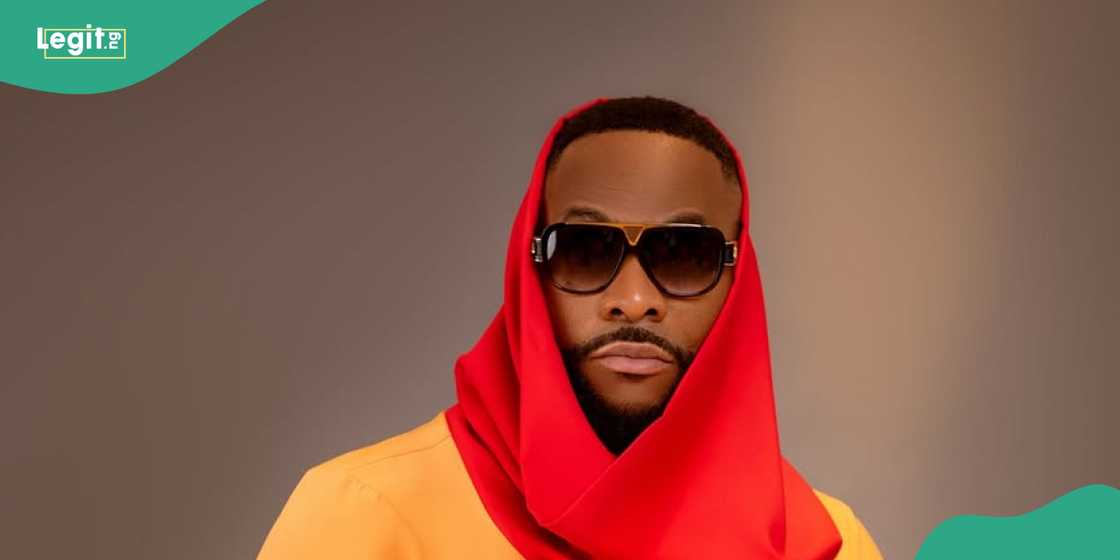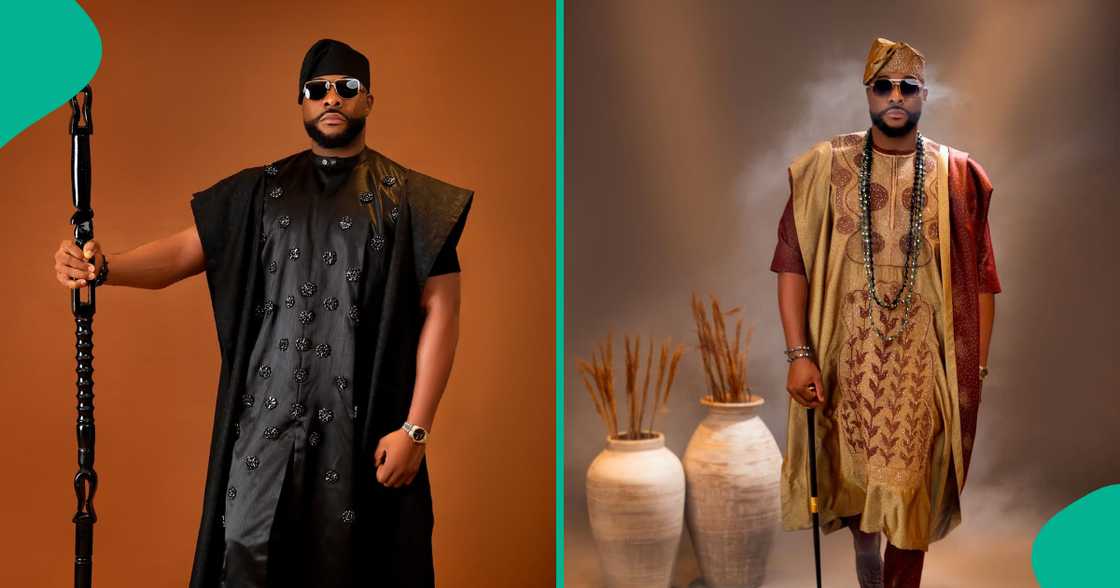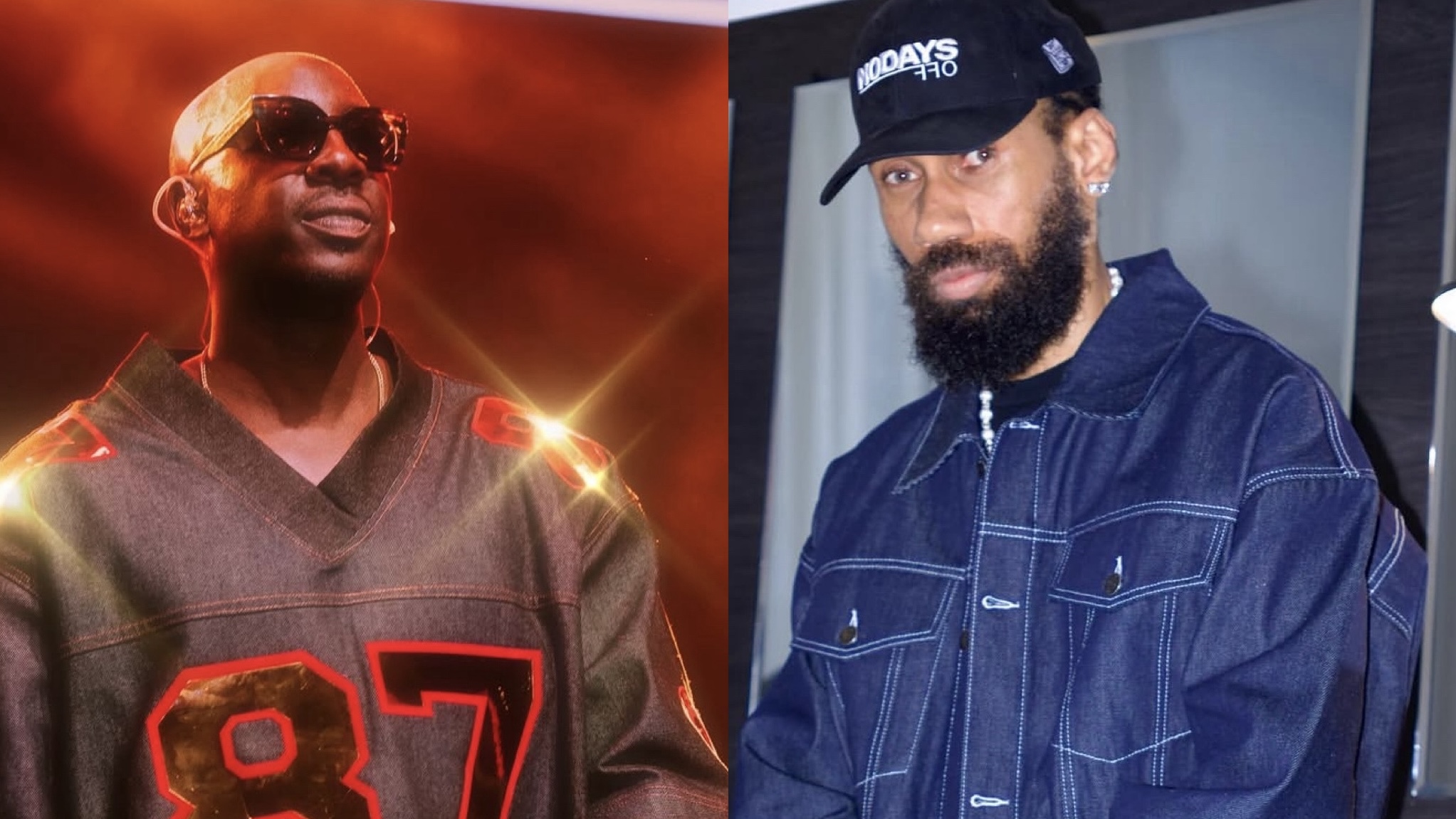Prominent Nollywood actor Bolanle Ninalowo recently took to his social media platforms to address a distressing situation involving online impersonation and fraud. The actor revealed he had received a heartbreaking message from a Nigerian woman, Victoria Yemisi Ayano, who claimed she had been defrauded of N33 million by a man pretending to be Ninalowo.
The situation, which has stirred conversations across Nigeria and beyond, unfolded after Ayano discovered she was communicating with a scammer who used Ninalowo’s identity to gain her trust. According to daily reports and public records, Ninalowo, who recently celebrated his 45th birthday, expressed deep frustration over the incident and called for greater public awareness of internet fraud targeting Nigerian celebrities and their fans.
Official documents reviewed by reporters show that Ayano engaged the legal firm Olamide Oyetayo & Co. to submit a formal petition to the Economic and Financial Crimes Commission (EFCC). In the complaint, the lawyers alleged that Ayano met a man named Bolanle Azeez on TikTok in July 2024. This individual, under the guise of being the true Ninalowo, reportedly established communication with Ayano, making a series of personal and “business opportunity” requests that eventually led to repeated monetary transfers totalling approximately N33 million.
In her petition, Ayano alleged that the scammer—operating mainly over WhatsApp and TikTok—successfully deceived her through persistent sweet talk and believable proposals related to business deals. According to her legal representatives, bank transfer records and WhatsApp chat logs were provided as evidence to the authorities investigating the case. The hope remains that such documentation may assist in tracing the funds and holding responsible parties accountable.
https://www.instagram.com/p/DObmVZwjfES/
While fraud via social media impersonation is a global issue, the impact in Nigeria has become especially acute as local celebrities, influencers, and even business leaders are routinely impersonated in phishing scams targeting unsuspecting fans. Industry experts, such as Lagos-based tech analyst Tolu Falana, note, “The frequency with which Nigerian celebrities’ photos and profiles are used in scams has demanded new awareness and response strategies.”

Source: Instagram
Bolanle Ninalowo warns fans about fraudsters
Responding directly to the public via his Instagram page,
that, in his many years as an actor, he had “never received, directly or indirectly, anything close to N33 million” from any single person or business engagement. He clarified that the scam was perpetrated by an unauthorised individual and stressed that he has never solicited or accepted private business funds from fans online.
Using his platform’s reach, Ninalowo issued a passionate warning to his fans in Nigeria, Ghana, West Africa, and across the African diaspora. He urged his followers to exercise extreme caution: “Too many have fallen victim to impersonation. No legitimate celebrity, including myself, will ever ask for money in your DMs over business opportunities that seem vague or unverified.”
The actor’s message called attention to the personal fallout from such scams—not just lost money, but emotional harm, embarrassment, and distrust. He appealed for people to verify information before responding to messages or requests, and encouraged those affected to report fraudulent activity promptly to the EFCC and relevant authorities.
For guidance on the official communication channels of your favourite Nigerian celebrities, social media experts recommend checking for verified badges, following only confirmed accounts, and avoiding private financial transactions with anyone claiming to be a public figure.
See
https://www.instagram.com/p/DOdM44LDT0D/
here:
How fans reacted to Bolanle Ninalowo’s post
The incident instantly sparked a range of opinions on social media. While many expressed sympathy for Ayano and condemned the fraudulent act, others offered candid advice and highlighted the need for vigilance. A recurring sentiment among the comments was a call for greater media and digital literacy to better prepare individuals against similar cons.
Some voiced disbelief that anyone could fall for such a scheme, while others empathized with the emotional manipulation involved. A few warned that mocking victims only enables further stigma and that communal support is essential in preventing repeat cases. Comments from verified users reflect this diversity of opinion:
@peter_macjob commented:
“Now you know what you’re worth. I hope she gets her money back from that guy”
@houseofamearypearl wrote:
“It’s always how they locate the real account after they are scammed by the fake account for me.”
@tiannahsplacempire shared:
“Person we you no see you give am 33m olopa mako everybody laslas ni o, bro I beg share me o.”
@cynthia_kelix commenetd:
“How do you send money to someone you haven’t seen before if not that you don’t have sense.”
Reactions like these point to the necessity of both empathy for victims and proactive steps to raise public awareness about online tricks. According to cybercrime researchers at Abuja’s National Information Technology Development Agency (NITDA), incidents of celebrity impersonation scams are on the rise, especially as digital communication replaces traditional face-to-face engagement.
The wider context: How safe is Nigeria’s social media space?
Online fraud is not unique to Nigeria; however, the country’s large, youthful population and the rapid adoption of digital technologies make it especially vulnerable. Fraudsters leverage familiarity with Nollywood, Afrobeats, and other local entertainment sectors to make their stories believable. In recent years, organizations like EFCC and NITDA have partnered to educate the public and launch crackdowns on cybercriminals, but experts agree that digital literacy lags behind the sophistication of modern scams.
Legal experts suggest that financial redress for victims is complicated due to the speed with which funds are withdrawn or rerouted. According to Barrister Ijeoma Nwosu, “Victims may struggle to recover lost monies, making prevention and early reporting paramount.” She further advises documenting all interactions and maintaining skepticism of unsolicited business proposals—even when they appear to come from beloved celebrities.
Bolanle Ninalowo’s take on wellness: The star’s commitment to fitness
Away from the ordeal, Ninalowo continues to share moments from his fitness journey as part of his lifestyle advocacy. Earlier this year, the actor posted videos showing his dedication to staying healthy by participating in rigorous boxing training sessions with professional trainers. [[EMBED_0]]
Clips of his workouts quickly went viral, drawing admiration from fans and fitness enthusiasts in Nigeria, Ghana, and beyond. Many agreed that his discipline provides positive inspiration, especially for younger followers. While some focus on the actor’s impressive physique, others point to the underlying message: the importance of health and wellness for both mental and physical well-being.
The trend of celebrities sharing their fitness routines is picking up momentum across Africa, with many using their platforms to spread awareness about regular exercise, healthy eating, and self-care. For Ninalowo, this public focus on fitness not only cements his star power but also reaffirms his responsibility as a role model beyond the screen.
earlierreported that Ninalowo took steps to remain young and fit, as reflected in one of his viral social media videos.
In the clip, the movie star was seen undergoing boxing training with some trainers at a gym.
The video sparked a series of interesting reactions from netizens, with many ladies drooling over his body.
Protecting yourself—and your favourite stars—online
The rising tide of social media impersonation highlights the urgent need for vigilance when engaging online, especially where personal finances or sensitive information are involved. Authorities stress the importance of reporting scams to official agencies like EFCC and the Nigeria Police Force. They also encourage learning about digital safety from accredited training programs or grassroots initiatives such as the “Safer Internet Nigeria” campaign.
For fans, the primary takeaway is to double-check unexpected business requests, avoid sending money to unfamiliar online contacts, and rely on verified channels when reaching out to public figures. As digital platforms evolve, staying one step ahead of scammers will require ongoing education and community support.
Have you or someone you know ever experienced or narrowly avoided an online scam? How did you handle the situation, and what steps do you think would help other West Africans stay safer online? Share your thoughts in the comments below and stay connected for expert insights and local updates.
For general support or questions, reach us at support@nowahalazone.com.
Don’t forget to follow us for more updates, trending news, and vital tips on Facebook, X (Twitter), and Instagram.
Your voice matters—join the conversation and help make the web safer for everyone in Nigeria, West Africa, and beyond!









